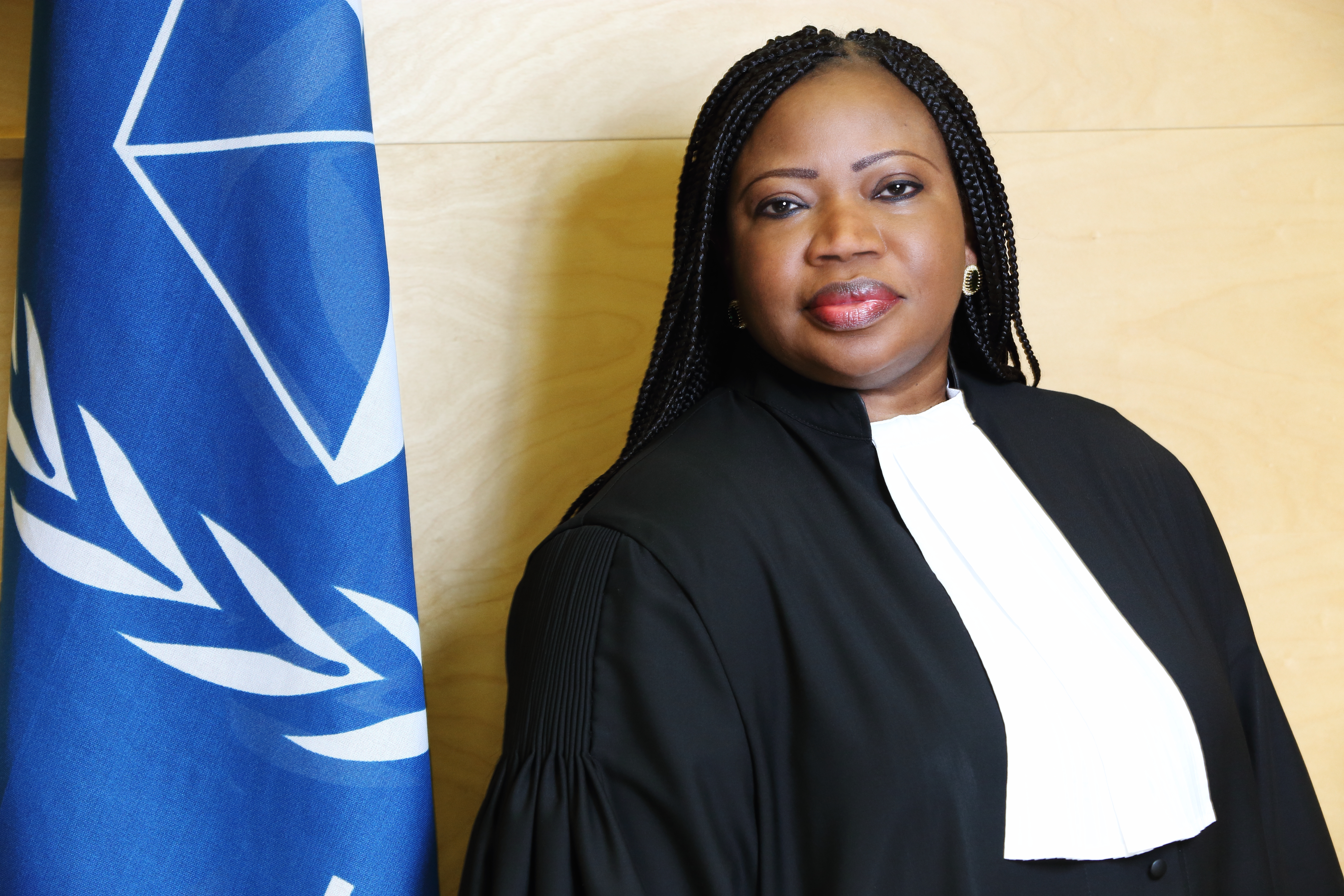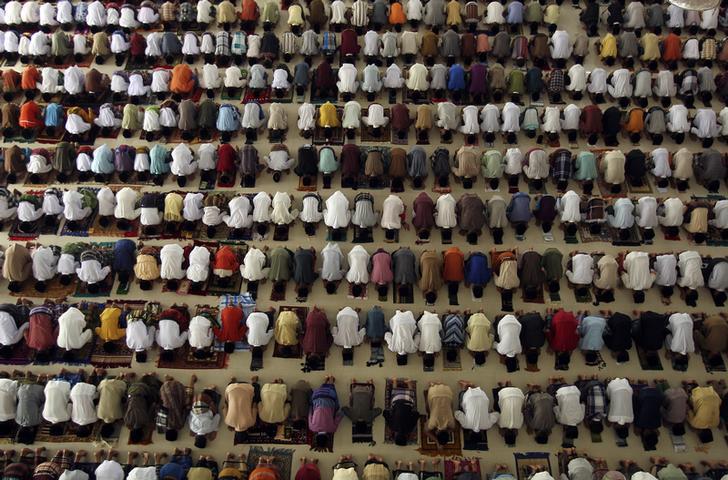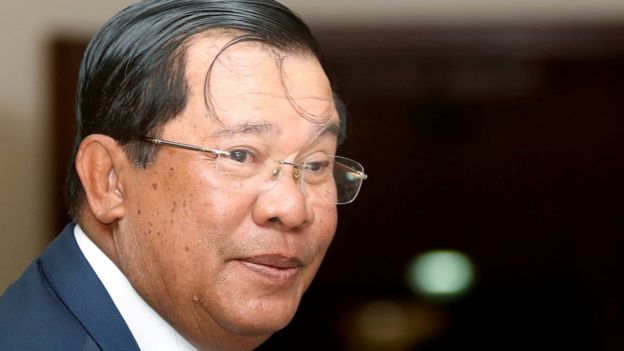By: Katherine Hewitt
Impunity Watch Reporter, Asia
KABUL, Afghanistan – On 3 November 2017 Fatou Bensouda, a prosecutor for the International Criminal Court (ICC), put forth a request to start an investigation into war crimes and crimes against humanity committed in Afghanistan. Her investigation will focus on crimes committed since 1 May 2003 in Afghanistan as well as others linked to the armed conflict since 1 July 2002.

She completed a preliminary examination of the events in Afghanistan and believes that all requirements, stated in the Rome Statute, to develop a case are present. The analysis began more than ten years ago.
In order for a case to develop in the ICC, a prosecutor must bring forth a case with evidence to a Pre-Trail Chamber. After listening to the case and reviewing the evidence provided from the preliminary investigation, the ICC can approve or deny the request for a formal judicial investigation.
Bensouda identified three categories of actors that would be involved in ICC investigations. She believes abuses were committed by the Taliban, U.S. Soldiers/Central Intelligence Agency officials, and Afghanistan government officials. The Rome Statue, which governs the actions of the ICC, states that anyone can be prosecuted for crimes that happened within a country that signed the Rome Statue. Therefore, despite the U.S. not being a signatory of the ICC, U.S. officials could still be tried in court.
Human Rights supporters applaud this movement. Many crimes have gone unnoticed and unpunished in Afghanistan over the past 10 plus years. They hope that this investigation will shed light on what has been happening as well as bring justice to the victims.
For more information, please see:
Human Rights Watch – Inching Closer to Justice in Afghanistan – 3 November 2017
International Criminal Court – Report on Preliminary Examination Activities 2016 – 14 November 2016



